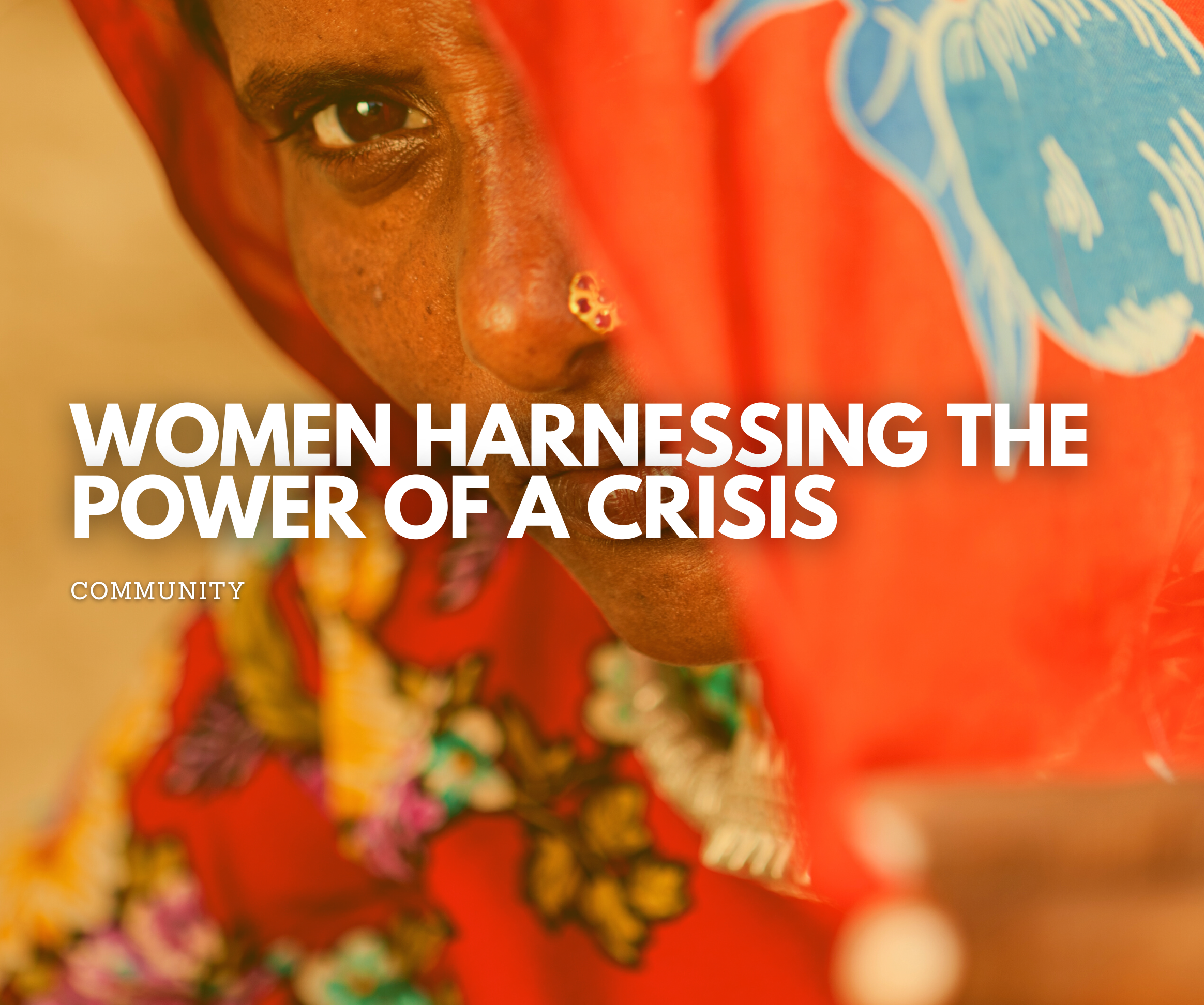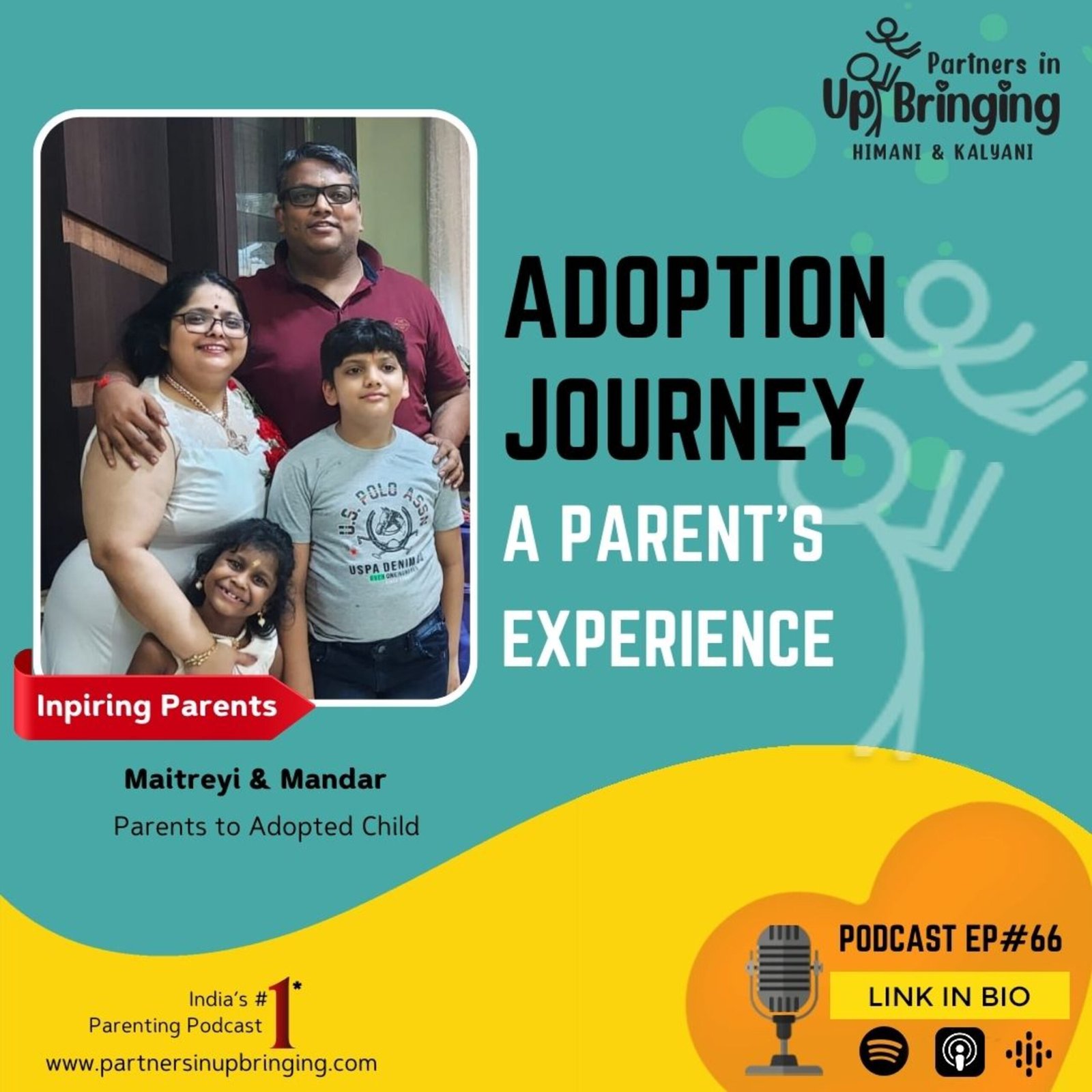Women Harnessing The Positive Power Of A Crisis — Munmun, a Transmission Line design Technician in Boston, is working from home like many other mothers simultaneously handling duties of work and motherhood. Since February, she had spent several hours glued to news channels following the rise of the COVID-19 pandemic. The initial panic has started to wane, but being an asthmatic patient, she still has to be extra-careful. Not long ago she went to bed every night praying that she wouldn’t end up in a hospital the next day.
Jayita had emigrated to Norway with her doctor husband a couple of years ago. A hard working bank employee in India, she looked forward to a life in Haugesund that promised to be richer and stress-free. She works in the essential services sector there. Her life spiralled out of control during the pandemic. Her husband and she had to toggle between work-from-home and work-from-office, while taking care of their kid. Meanwhile back in India, her elderly father had suffered a stroke. Her sexagenarian mother had to ferry him from one hospital to another till she could find a hospital that
would take him in. Arranging for post-hospitalization care, of course, had been another nightmare since geriatric care in India isn’t well organized. Moreover, fear of contracting the virus kept domestic servants away. Jayita had to tap several emergency contacts to ensure all possible support for her parents.
Priya is an IT sales personnel living in Singapore with her husband, and their 11-year-old son. The IT company where she works has been losing several big ticket projects since due to the restriction in travel, they are unable to send skilled personnel onsite. Work from home, has taught her new lessons in time management, though.
Indian working women, especially mothers, living outside India have to strike a precarious balance between household and office responsibilities. Living in nuclear families and without domestic support, they are already burdened with several domestic chores. Moreover, most Indian women, however ambitious, cannot shrug off the subconscious belief that caretaking is primarily a woman’s responsibility.
So, amidst the pandemic, they found themselves grappling with the herculean task of taking complete care of work and family. Mamta Sharma, wife to an IT consultant and mother of who works in the mortgage banking industry in the USA, recounts that her first thought when lockdown was imposed was, “I am at home. It is now my responsibility to take care of my family.” She reasoned that the time she saved in commuting could easily be used in “serving” her family three meals everyday, and taking care of other needs. Within a month, fatigue set in and everyone realized that she was overworked.
The pandemic had sent all into a timeless cocoon; old and young all huddled indoors; all kinds of movement had come to a standstill. Everyone has been affected in a big way. However, not all groups have borne the brunt of the pandemic equally. Some groups have been more vulnerable than others; women have been more vulnerable than men. International gender equality experts say that the pandemic may set gender equality back by decades. A frightening prospect, but probable nonetheless!
Physically, economically, and emotionally, women have been the worst hit during pandemics; this happens for several reasons. For one, women make up 70% of all health and social services staff across the world. Hence, they are at physical peril since they are most exposed to the contagion. Domestic violence is another instance of physical and emotional suffering that has witnessed a “horrifying global surge” in the times of the pandemic. Even before the pandemic, Indian American women reported a high incidence of domestic violence, according to reports by CDC, a US agency. The pandemic has only spiked the numbers. According to the Women in the Workplace study, a study on the state of women in corporate America, at least one in four women are actively considering quitting their jobs or downshifting their careers. If this indeed happens, it would undo all the strides women in senior positions, including Indian Americans, have made over the past six years. Indian American women have striven long and hard to take up top positions in corporate America. To add salt to the wound, the industries most adversely affected by the pandemic are those where women predominantly work, viz., education, food services, and retail.
By now, it is certain that the changes heralded by the pandemic in the ways we live and work are not going away anywhere. Long term work from home has brought with it challenges of connectivity, communication and network security that many companies are still coming to terms with. Lonima, a mother of two and a manager in a Danish MNC, avers that the time dedicated to communication has increased enormously. “Earlier, I could simply walk up to the person concerned and communicate my message in a matter of minutes. Nowadays, I seem to be spending the entire day in virtual meetings.” Munmun says, “An 8- hour workday has now extended to 12 hours thanks to the multiple breaks I have to take during the day.”
Ajanta, who works as a senior research fellow in the UK, is a mother of two and has an ailing mother-in-law to look after. She does not mince words when she says working from home puts a disproportionate burden on women: taking ownership of the children’s studies, the kitchen and the entire household has taken a toll on her health leading to stress, anxiety, elevated blood pressure and mood swings. Says Jayita from Norway, “My son, suddenly bereft of friends and the school milieu was super cranky and irritated. Online classes were one to one where the teacher would spend around 30 minutes with him. Activities had to be recorded and sent to her. Luckily the kids could video chat with each other. But working from home with my son in tow became next to impossible for me.”
Working mothers are often besieged by guilt at not spending enough time with their children. This is especially true for working mothers living abroad where the absence of the mother is hardly compensated by the presence of grandparents. When the pandemic forced mothers to work from home, this feeling of guilt was reinforced as the mother could not spend time with the kid despite being at home. Banti lives in California with her husband and is a mother of a lovely little girl. She works as a Senior Security Consulting Manager in Accenture. She say, “Besides the pressure of working from home, I am hounded by guilt at not being able to spend enough time with my kid. Working tight deadlines, sometimes staying up late at night, leaves me with little time and energy for anything else.”
In the guilt-ridden battle to be at their professional and personal best, working mothers are suffering physical and emotional burn-out. While life in first world countries does promise personal independence, financial security and a good quality of life, it is missing the comfort of an extended family to lean on in stressful times.
Working mothers are often besieged by guilt at not spending enough time with their children. This is especially true for working mothers living abroad
In such situations, devoting time to “self-care” becomes very important. It could be in the form of a relaxing bath, meditation, exercise, or simply reading a good book. Since the “new normal” is here to stay, women need to start focusing on their well-being. There needs to be a more even distribution of work and responsibilities, if the “double income nuclear family” needs to thrive in the long run. Says Mamta Sharma of USA who had self-appointed herself as the sole cook when the lockdown started, and was wearied down by the dual responsibility of home and work, “Now, every family member prepares his or her own breakfast. Lunch duty is on rotational basis. Office hours are strictly for office work. And evening is for relaxation and spending quality time with the family”, says a relieved Mamta.
Banti says that the COVID situation has changed her perspective of life. “The key lies in being content and happy irrespective of the situation.” She say, “At the end of the day we just learn to keep calm and take in each day as it comes. There are crazy times in between, but hey, we are all doing the best that we can. There is only so much one can do.”
Most Indian women have overcome a multitude of obstacles and emerged stronger during the pandemic. The pandemic gave us all lessons in discipline. Says Priya, “Self-discipline is my biggest take-away. When everyone works from home, boundaries between work and personal time do get blurred. It’s very important to use the time saved in travel in self-care.” Though several Indian women, who live abroad, are fighting adverse economic conditions precipitated by the pandemic, many have converted them to opportunities. Parveena, a teacher working with an after-school tuition company in Florida, lost her job in May this year. But she is taking online classes from home. Her income has decreased but she is happy that she is still in touch with her subject and her passion. Molly’s father ran a small eatery in a suburban market in Goa, India. During the lockdown, the shop had to be closed and workers sent home. Since the shop was her father’s only source of income, Molly could not let it simply die like that. She created and distributed banners online. She also made additions to the menu which she was sure the customers would love. They started taking orders from home. Now though the lockdown is lifted, Molly and her father still run their business from their home. “Running from home is cost-effective, and gives me the freedom to experiment. Now that I have a loyal client base, I also push other items like silver jewellery and fancy tops.” Lonima says, “I have delved into my old hobbies, baking and stitching, with renewed vigour. I also take baking classes for my neighbours.”
The crisis wrought by the pandemic is far from over. Indeed, the resurgence of COVID cases has made many countries like France, Israel, Germany, Italy and Netherlands (to name a few) contemplate a second lockdown. But for Indian women fighting daily battles outside the country the pandemic has brought valuable lessons. They have learnt that even the best facilities may not equip us with the tools to handle an unforeseen crisis, they have learnt to value their family, their time, and work. The loss in jobs has taught them the value of savings. The pandemic has made the whole world humble because the world as we know it can be brought to a standstill in the snap of a finger. It has made Indian women proud because they have the spirit to look any new challenge in the eye and emerge stronger.
By Priyanka Choudhury
Media house: pravasindians
Link to original article: https://pravasindians.com/lives-of-indian-women-abroad/
Notes: apart from title change, the article has remained the same.
-------------------------------










